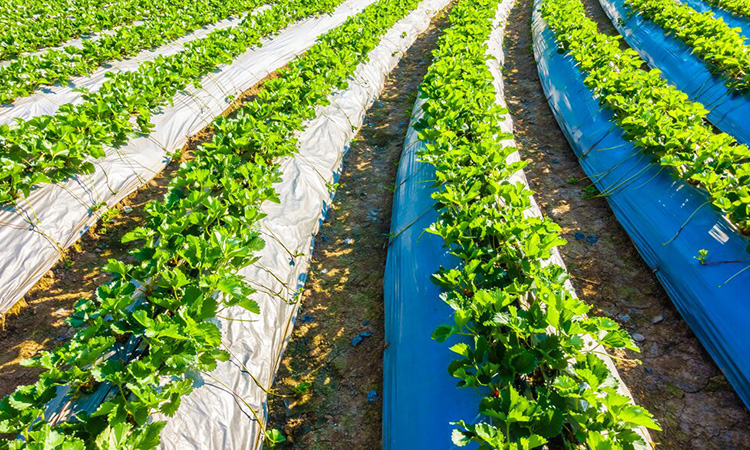In the world of agriculture, innovation takes root, and one notable green initiative making waves is the application of biodegradable plastics. These eco-friendly alternatives offer a sustainable solution to traditional plastics, addressing environmental concerns while fostering more responsible farming practices.
Mulching with Biodegradable Films:
Traditional plastic mulches, used to suppress weeds and conserve soil moisture, often leave a lasting environmental footprint. Enter biodegradable mulch films made from materials like polylactic acid (PLA) or starch-based polymers. These films break down naturally over time, reducing the need for plastic removal and disposal. Farmers benefit from improved soil health, and the environment benefits from a reduction in plastic pollution.
Biodegradable Planting Pots:
Nurturing seedlings is a crucial stage in agriculture, and biodegradable planting pots have emerged as a sustainable alternative to plastic containers. Crafted from materials such as coconut coir or peat, these pots can be planted directly into the soil, eliminating transplant shock and reducing plastic waste. As the pot breaks down, it enriches the soil with organic matter, promoting healthier plant growth.
Eco-Friendly Crop Covers:
Protecting crops from harsh weather conditions and pests is a common practice in agriculture. Biodegradable crop covers, often made from materials like polyhydroxyalkanoates (PHA), offer a green solution. These covers decompose over time, eliminating the need for post-harvest removal and reducing environmental impact. Farmers can embrace sustainable practices without compromising on crop protection.
Compostable Planting Bags:
The use of planting bags is widespread in agriculture, and the shift towards compostable options is gaining momentum. Compostable planting bags, typically composed of materials like cornstarch, provide a convenient and eco-friendly solution. When the planting season concludes, these bags can be left to decompose, contributing to nutrient-rich soil and minimizing plastic waste.
Bio-Based Fertilizer Packaging:
Packaging plays a crucial role in preserving the quality of fertilizers, but the environmental toll of traditional packaging is undeniable. Biodegradable and bio-based packaging materials, derived from renewable resources like sugarcane or hemp, offer a sustainable alternative. Farmers can now contribute to eco-conscious agriculture by opting for packaging that leaves a minimal ecological footprint.
As agriculture evolves, the integration of biodegradable plastics marks a positive step towards sustainability. From mulching films that enrich the soil to planting pots that nurture seedlings, these eco-friendly alternatives showcase the potential to reduce the environmental impact of farming practices. By embracing biodegradable plastics in agriculture, we cultivate not only crops but also a greener and more responsible future for our planet.
Next On Your Reading List:


